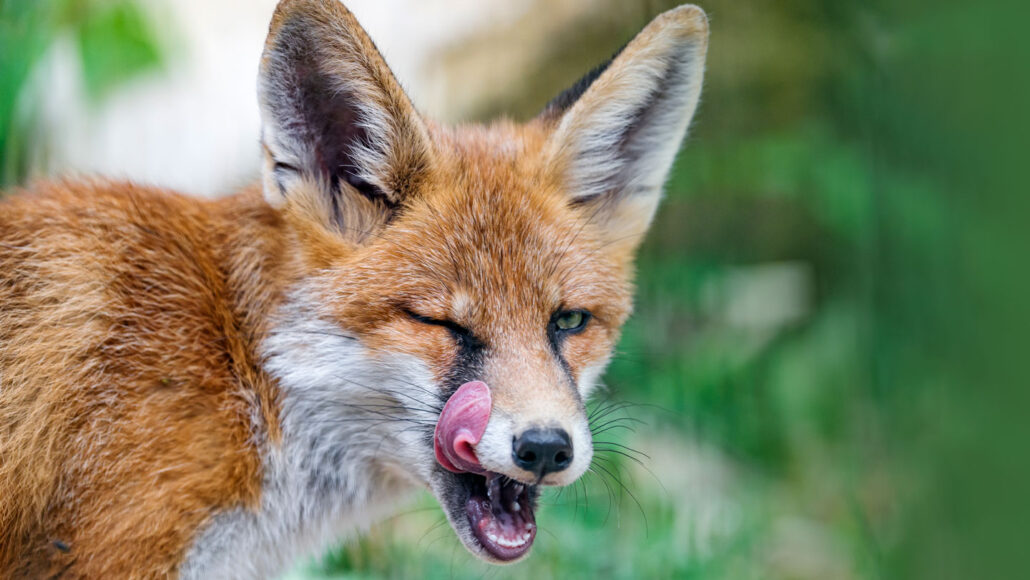attention: The phenomenon of focusing mental resources on a specific object or event.
behavior: The way something, often a person or other organism, acts towards others, or conducts itself.
canid: Short for Canidae, a family of meat-eating mammals that includes coyotes, domestic dogs, foxes, jackals and wolves.
carp: A type of catfish, usually referring the Asian freshwater varieties that can grow to enormous size and are often farmed as food.
colleague: Someone who works with another; a co-worker or team member.
ecology: A branch of biology that deals with the relations of organisms to one another and to their physical surroundings. A scientist who works in this field is called an ecologist.
journal: (in science) A publication in which scientists share their research findings with experts (and sometimes even the public). Some journals publish papers from all fields of science, technology, engineering and math, while others are specific to a single subject.
livestock: Animals raised for meat or dairy products, including cattle, sheep, goats, pigs, chickens and geese.
Pacific: The largest of the world’s five oceans. It separates Asia and Australia to the west from North and South America to the east.
reservoir: A large store of something — often a natural store of water, such as lakes or ponds.
scat: The feces shed by a wild animal, usually a mammal.
species: A group of similar organisms capable of producing offspring that can survive and reproduce.








